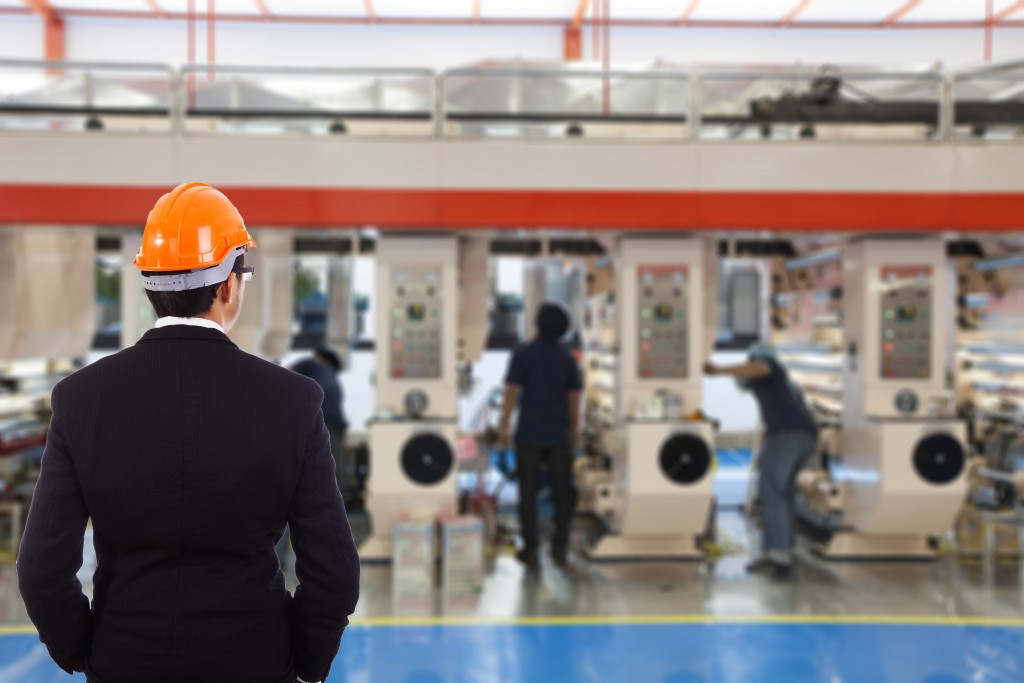- Building a new home allows for customization and energy efficiency.
- Orienting your home to the south and installing large south-facing windows can maximize heat gains in winter.
- Select energy-efficient appliances that have earned the Energy Star certification.
- Proper insulation is essential when building an energy-efficient home, using recycled or eco-friendly insulation materials like cellulose or wool.
- Integrating renewable energy sources like solar panels and wind turbines in your home can generate free electricity and reduce energy bills.
The real estate industry has experienced monumental changes in the past few years, and this is expected to continue in the coming years. With the impact of the pandemic and the rising cost of buying a house, many people are now turning to building new homes. Whether you are a first-time homeowner or a property investor, there are reasons to consider building a new home in 2024, and this article will discuss some of these reasons.
Customization
One of the most significant advantages of building a home from scratch is the ability to customize every aspect of the property to your exact specifications. Professional custom home builders can help bring your vision to life, from the property’s layout to individual room designs and interior details.
With customization, you can design a home that meets your unique needs, whether a large family home or a more intimate space for solo living. The possibilities are endless, and it’s a great way to create the home of your dreams.
Energy Efficiency

High energy usage in homes impacts the environment and can lead to increasing energy costs. If you plan to build a new house, it is essential to incorporate energy-efficient solutions to reduce your home’s carbon footprint and keep your energy bills low.
Focus on the building’s orientation and design
The orientation and design of your home can significantly impact your energy use. When designing your new home, incorporate features that make the most of natural light, ventilation, and solar gain.
Orienting your home to the south and installing large south-facing windows can maximize heat gains in winter. In summer, shading devices such as awnings or overhangs can help block the direct sunlight and keep your home cooler.
Choose energy-efficient appliances and lighting
According to the US Environmental Protection Agency, home appliances account for approximately 13% of household energy use. When selecting instruments for your new home, look for energy-efficient options that have earned the Energy Star certification. Energy Star appliances use less energy than standard models and can save you significantly on electricity bills over time.
Insulate your home correctly
Proper insulation is essential when building an energy-efficient home. Insulating your home’s walls, ceilings, and floors can keep your house warmer in winter and cooler in summer, reducing the need for heating and cooling systems. Use recycled or eco-friendly insulation materials like cellulose or wool to insulate your new home.
Incorporate renewable energy sources
Integrating renewable energy sources like solar panels and wind turbines in your home can generate free electricity, reducing energy bills and carbon footprint. Installing solar panels and solar water heaters on your roof can provide electricity and hot water to your home. Similarly, wind turbines can generate electricity from wind power and reduce energy costs.
Low Maintenance
When you build a new house, you won’t need to worry about the high maintenance costs associated with old houses. With a new place, all systems, appliances, and fixtures are new, reducing the need for repairs and replacements. New homes also come with warranties that cover any construction defects, giving you peace of mind in the long run.
Strong Property Value

Investing in a new home is a long-term investment that can result in substantial returns. According to real estate experts, building a new home can increase a property’s value over time, making it a wise investment choice. In today’s competitive housing market, building your custom home means better setting the sale price and attracting the right buyers.
Health and Safety
A new home comes with up-to-date safety features that enhance the health and safety of your family. This includes features such as fire alarms, security systems, and the latest electrical and plumbing systems designed to keep your family safe. Better yet, with a new home, you’re not inheriting the indoor environmental hazards associated with old renovations like lead paint or asbestos.
Final Thoughts
Building a new home is a significant undertaking, but it comes with long-term benefits that outweigh the difficulties associated with the process. Whether considering it your future home or an investment property, you’ll always enjoy control, customization, energy efficiency, lower maintenance, substantial property value, and a healthy home. Taking this step is a wise investment choice in 2024 and beyond.

